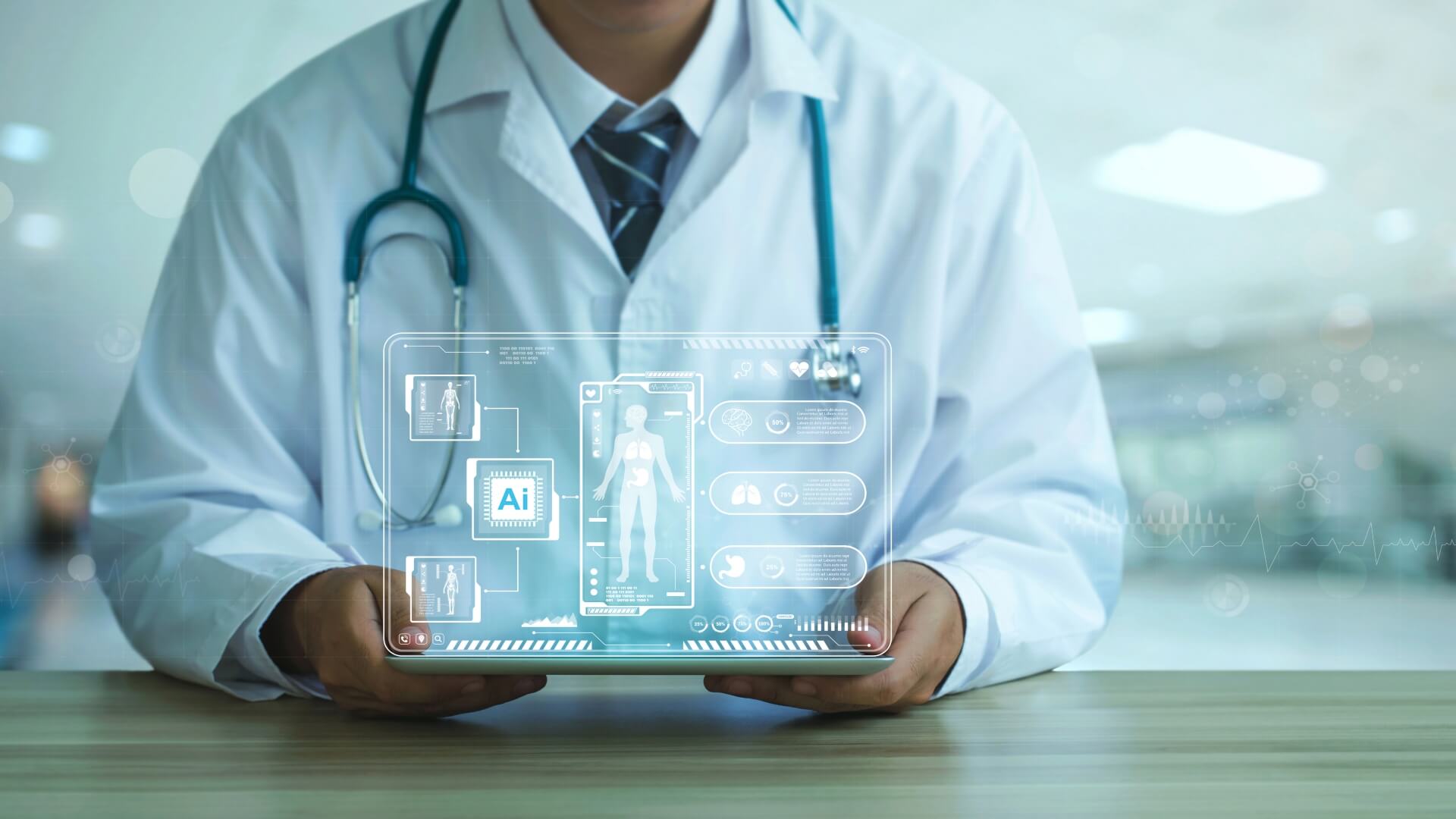The healthcare industry is at a crossroads, grappling with mounting challenges and the need for transformative solutions. In this article, we delve into the potential of medical application development, data analytics, a patient centered approach, and innovative care models to revolutionise medical. By embracing these advancements, we can pave the way for a future where healthcare is more efficient, personalised, and accessible to all. Join us as we explore the possibilities of this healthcare revolution.
Healthcare, a vital pillar of society, is facing numerous challenges that require a revolutionary response. The escalating costs, scarcity of healthcare professionals, and surging demand for services demand a paradigm shift in healthcare delivery. Enter medical application development, a game-changing solution that harnesses technology to reshape the industry.
Medical applications, encompassing telemedicine, remote patient monitoring, and electronic health records, hold the promise of delivering care with enhanced efficiency, effectiveness, and cost savings. Imagine accessing healthcare services from the comfort of your home, or healthcare providers proactively monitoring your health conditions and intervening promptly when needed. These advancements are within reach.
But that’s not all. Data analytics and artificial intelligence are poised to transform healthcare as well. By analysing vast amounts of patient data, data analytics can unlock valuable insights, enabling the development of personalized treatment plans tailored to individuals. Meanwhile, AI can process complex medical data at lightning speed, empowering healthcare providers to make informed decisions about patient care.
Revolutionising healthcare also demands a patient-centered approach. Placing patients at the heart of care means understanding and respecting their needs and preferences. Educating patients and granting them access to information empowers them to actively participate in their healthcare journey, making informed decisions that align with their well-being.
Moreover, addressing the shortage of healthcare workers requires innovative models of care delivery. By training nurse practitioners and physician assistants to provide primary care services, physicians can focus on more intricate cases, optimising the utilisation of healthcare expertise.
In summary, a healthcare revolution is on the horizon, powered by technological advancements, data-driven insights, patient empowerment, and innovative care models. Through these transformative approaches, the quality of care will improve, costs will be reduced, and healthcare will remain accessible and affordable for all. The time for change is now.



















